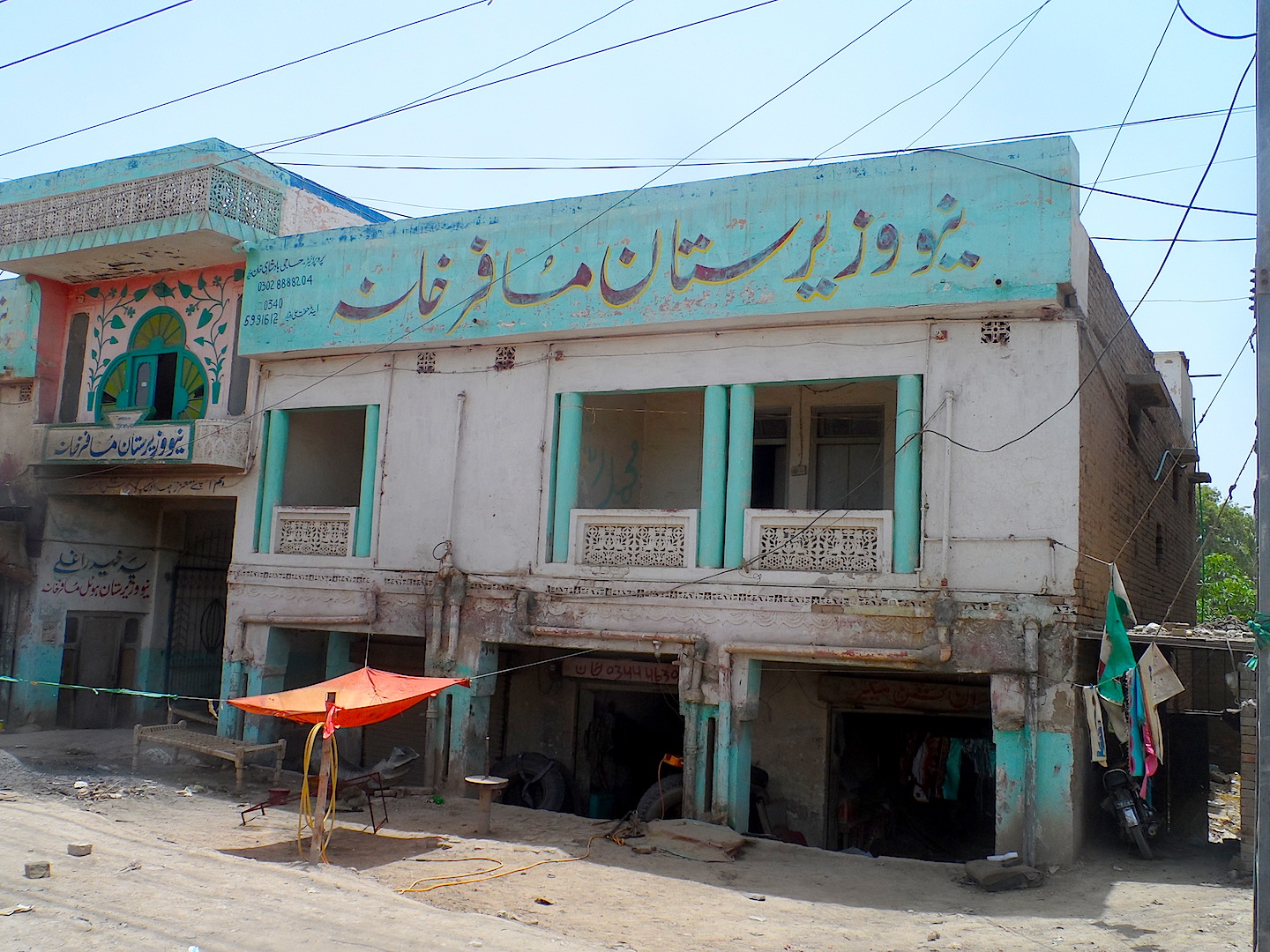Pakistan waged a bloody offensive for years to drive Islamist militants out of Afghan border regions, but now some Taliban factions are regrouping, only this time with the government’s blessing, according to opposition politicians, residents, and a former Taliban leader.
In 2014, Pakistan’s military launched Operation Zarb-e-Azb [Sharp and Cutting Strike], which aimed to drive Islamist militants out of the Federally Administered Tribal Areas, a semi-autonomous region on the border with Afghanistan. The operation has mostly wound down now, and hundreds of thousands of families have returned. Many insurgents were killed during the operation, while others fled over the porous border into Afghanistan.
Now, some of those militants – members of Taliban factions – have been invited back to form militia groups in FATA and three districts in neighbouring Khyber Pakhtunkhwa Province. Local politicians and a former Taliban leader told IRIN that the men, who previously fought the government and killed civilians, will now help defend the region against other militants. Some residents reject the strategy, which they believe will only lead to more fighting.
“The militants are doing all this with support of the local administration,” said a member of the Awami National Party, requesting anonymity for security reasons. “The administration, in return, expects these militants to spy for them on the locals and fight against foreign militants.”
Mohammad Shoaib, an assistant political officer in FATA’s South Waziristan Agency, denied that his government is supporting Taliban groups. “The presence of the militants in the area is a matter of concern for us and we keep chasing them constantly,” he said.
‘Green light’
Such official denials ring hollow to Naimat Gul, a former member of the Taliban shura, or governing council, in South Waziristan. He said members of the faction formerly led by Mullah Nazir, who was killed by a US drone strike in 2013, have come back to South Waziristan from Afghanistan and regrouped.
“Obviously, they have returned to their homeland after getting a green signal from the government,” he said.
“They all are pro-Pakistan people and will help us keep Pakistan secure from infiltration of foreign militants,” said Gul in an interview in Dera Ismail Khan, a Khyber Pakhtunkhwa district where he and others said Taliban elements have been meeting in a dilapidated house with the full knowledge of the government.
Syed Fida Hassan Shah, the regional police officer overseeing Dera Ismail Khan and Tank districts, denied that the Taliban were organising in his jurisdiction. “These all are rumours,” he said. "We will take action if they tried to open their offices."
Muhammad Saleh Shah, an independent senator in Pakistan’s capital, Islamabad, negotiated the deal with Pakistani Taliban founder Baitullah Mehsud that saw him agree in 2008 to cease attacks against government forces (before he was killed by a US drone strike the following year).

